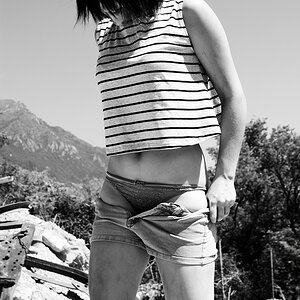photoguy99
No longer a newbie, moving up!
- Joined
- Mar 20, 2014
- Messages
- 1,485
- Reaction score
- 313
Why shouldn't any of those count?
Our perception of a thing is surely based on all that we know of it. Why should photographs be different?
Our perception of a thing is surely based on all that we know of it. Why should photographs be different?


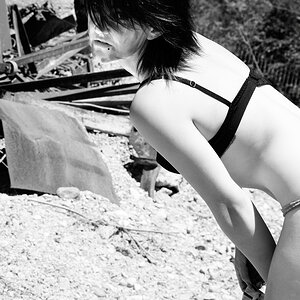

![[No title]](/data/xfmg/thumbnail/31/31012-f5e0c7cdea2f2c3e44737e3f61c2461a.jpg?1619734567)
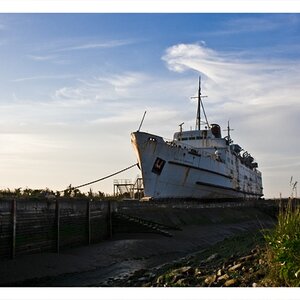
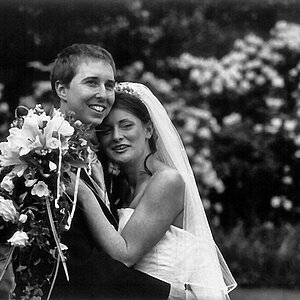
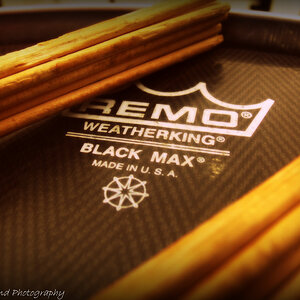
![[No title]](/data/xfmg/thumbnail/30/30890-45d8875af0c79f0f727d7d55132972b0.jpg?1619734501)




